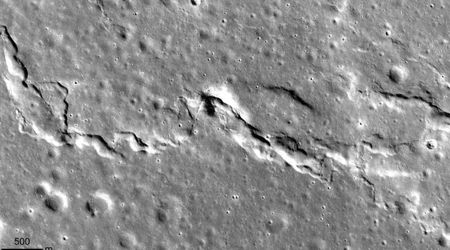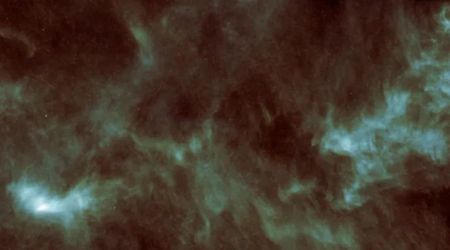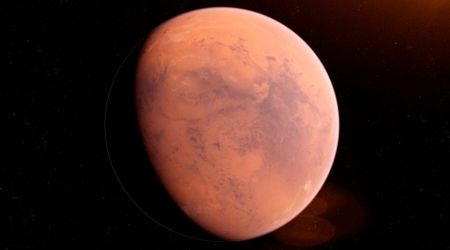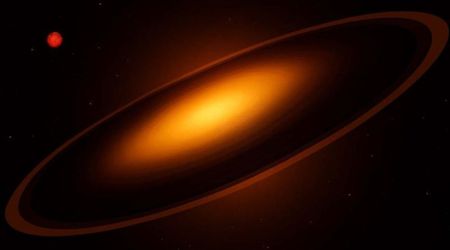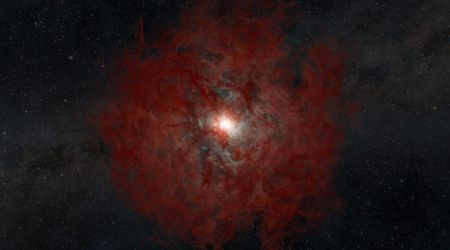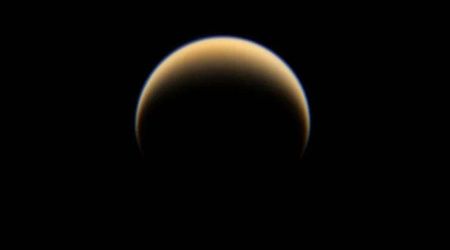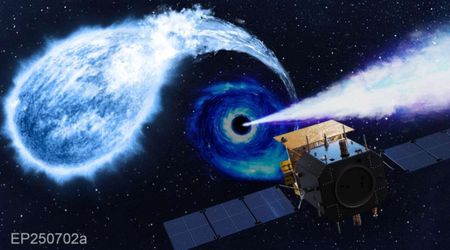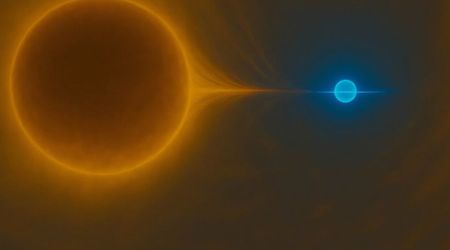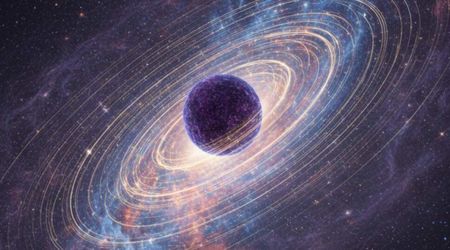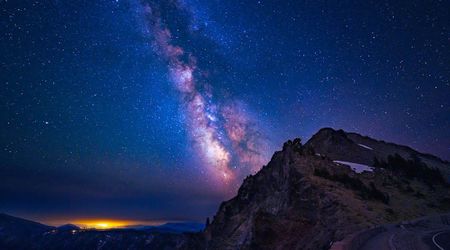White House goes against Elon Musk's reported lobbying to keep National Space Council intact

White House plans to retain the National Space Council (NSC), a move which industry officials term a positive step for advocating space initiatives amid major budget cuts, per SpaceNews. In the coming weeks, the White House, under the Trump administration, is expected to formally announce the continuation of the National Space Council. This move reverses the earlier indications that the NSC might be dissolved. Elon Musk's Space X allegedly lobbied against reviving the council, reported Politico.

Sources familiar with internal discussions indicate President Trump's approval of the continuation of the council during a meeting on May 5. However, that meeting did not specify any timeline for the official announcement or for hiring an executive secretary to manage the council's daily operations. The process of identifying and appointing an executive secretary has reportedly been underway for several weeks, suggesting a move towards operationalizing the council, reported the publication.

Established in 1989, the Office of National Space Council remained unstaffed from 1993 to 2017, when Trump brought it back in his first term in a ceremony that included astronaut Buzz Aldrin, as per Politico. After being inactive for nearly a quarter of a century, the council was reestablished in 2017 under Trump's administration. It was led by then-Vice President Mike Pence. The council served as a crucial interagency coordinating body for space issues. It held public meetings and formulated policies addressing a wide range of space-related matters.

On the other hand, the Biden administration chose to retain it. At the time, it was led by then-Vice President Kamala Harris. Biden adopted a less public approach, characterized by fewer public meetings and policy pronouncements. The council continued to play a role in coordinating space policies among various government agencies, despite its low public profile. However, the proposed legislation for this initiative did not gain traction in Congress.

Reportedly, the Trump administration, upon taking office in January, suggested a lack of interest in maintaining the National Space Council. There were no announcements of new staff for the council or other activities. According to the outlet, SpaceX CEO Elon Musk, who is also a close adviser to the president, called the council unnecessary and opposed it. Similarly, Vice President JD Vance, who typically would chair the council, had remained largely silent on space-related matters.

While the reason behind this reversal in the Trump administration's stance remains hazy, reports indicate that Elon Musk has publicly stated his intention to participate in government activities, which might have shifted internal dynamics. Some in the space community believe the new move could be an opportunity for more advocacy of space within the administration, particularly given a fiscal year 2026 budget proposal that cuts NASA’s budget by nearly 25%.
President Trump’s FY26 Budget Revitalizes Human Space Exploration https://t.co/HNmsKYUXoL
— NASA (@NASA) May 2, 2025
Noted by one industry official, the Office of Management and Budget developed a budget proposal without a counterweight provided by a space council, an approach that prioritized spending reductions. The person also noted that with the space council functioning, things might look brighter given the rising NASA budgets during Trump's first term. A source familiar with the matter said, “After the space council is stood up, OMB will have a seat at the table, but they won’t own the table.”
